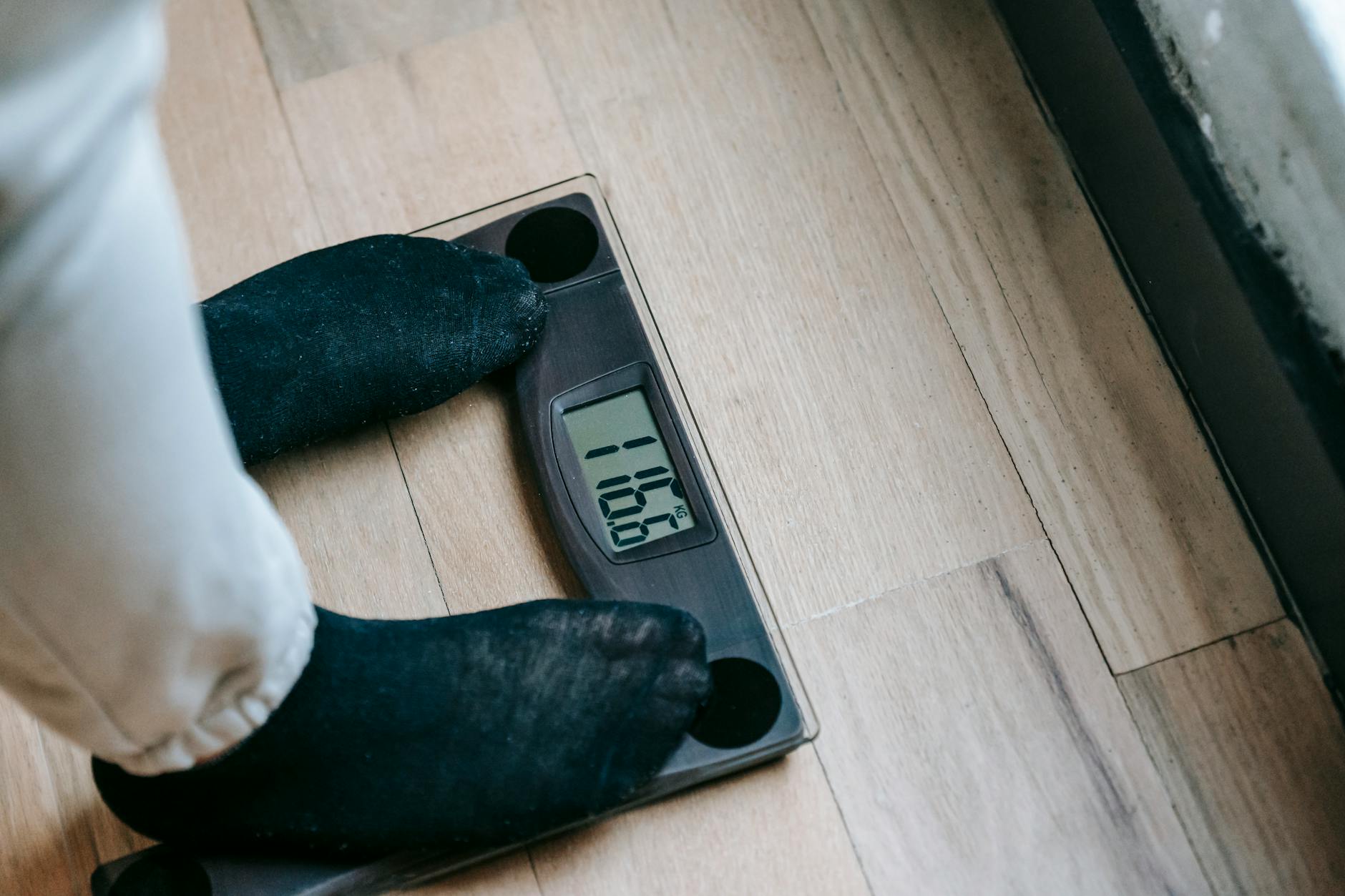
5 Effective Suggestions for Reducing Cholesterol
Maintaining healthy cholesterol levels is essential for heart health and overall well-being. High cholesterol can increase the risk of cardiovascular diseases, making it crucial to take proactive steps in managing it. This article offers five effective suggestions for reducing cholesterol levels naturally, helping you take control of your health. By incorporating these strategies into your daily routine, you can work toward achieving better cholesterol levels and improving your long-term health.
1. Adopt a Heart-Healthy Diet

One of the most impactful ways to reduce cholesterol is through diet. Focus on consuming foods that are low in saturated and trans fats, which are known to raise bad cholesterol (LDL). Instead, include heart-healthy fats like omega-3 fatty acids found in fish, flaxseeds, and walnuts. Incorporating soluble fiber-rich foods such as oats, fruits, and vegetables can also help lower cholesterol by reducing its absorption in the bloodstream. Opt for lean proteins like chicken, legumes, and tofu, and avoid processed and fried foods that can contribute to cholesterol build-up.
2. Increase Physical Activity

Regular physical activity plays a vital role in lowering cholesterol levels. Exercise helps raise good cholesterol (HDL) while reducing bad cholesterol (LDL) and triglycerides. Aim for at least 30 minutes of moderate-intensity exercise, such as brisk walking, cycling, or swimming, most days of the week. Consistency is key, so find activities you enjoy and make them part of your daily routine. Over time, increased physical activity will not only improve your cholesterol levels but also boost your overall cardiovascular health.
3. Maintain a Healthy Weight

Weight management is another critical factor in controlling cholesterol. Excess body weight, especially around the abdomen, is linked to higher levels of LDL cholesterol and lower levels of HDL cholesterol. Losing even a small amount of weight—5% to 10% of your body weight—can have a significant impact on your cholesterol profile. Focus on a balanced approach that combines a healthy diet with regular exercise to gradually shed excess weight and maintain it long-term.
4. Quit Smoking

If you smoke, quitting is one of the most beneficial things you can do for your heart and cholesterol levels. Smoking damages blood vessels, making them more susceptible to plaque build-up and leading to higher LDL cholesterol. It also lowers HDL cholesterol, which helps remove excess cholesterol from the body. By quitting smoking, you can improve your HDL levels, reduce blood pressure, and significantly lower the risk of heart disease. Your body begins to heal almost immediately after quitting, and the long-term benefits are profound.
5. Consider Natural Supplements

Certain supplements have been shown to have cholesterol-lowering effects. For example, plant sterols and stanols, which are found in fortified foods and supplements, can reduce the absorption of cholesterol in the digestive tract. Omega-3 fatty acids from fish oil supplements can lower triglycerides and slightly improve HDL levels. However, before starting any supplement, it’s important to consult with a healthcare provider to ensure it’s safe and effective for your specific health needs.
Conclusion
Reducing cholesterol levels is an essential step toward safeguarding your heart health. By adopting a heart-healthy diet, increasing physical activity, maintaining a healthy weight, quitting smoking, and considering natural supplements, you can take control of your cholesterol and improve your long-term well-being. While these strategies are highly effective, it’s always important to monitor your progress and consult with healthcare professionals to tailor an approach that works best for you.
Frequently Asked Questions (FAQs)
1. What are the best foods to lower cholesterol naturally?
Oats, barley, fruits, vegetables, nuts, seeds, and fatty fish rich in omega-3 fatty acids are all excellent options to lower cholesterol.
2. How quickly can lifestyle changes affect cholesterol levels?
You may start seeing improvements in cholesterol levels within a few weeks of making lifestyle changes, but significant changes typically take three to six months.
3. Is it necessary to take medication to lower cholesterol?
Not always. Many people can manage cholesterol through lifestyle changes. However, in some cases, medication may be necessary based on your doctor’s recommendations.
4. How does exercise impact cholesterol?
Exercise helps raise good cholesterol (HDL) and lower bad cholesterol (LDL) and triglycerides, contributing to improved heart health.
5. Are cholesterol-lowering supplements safe?
Supplements can be effective but should be taken under the guidance of a healthcare provider to ensure they are safe for you.
Disclaimer
The information in this article is intended for educational purposes only and should not be considered medical advice. Please consult a healthcare professional before making any changes to your diet, exercise routine, or supplementation. Conduct your own research and seek professional guidance to ensure the best outcomes for your health.
Discover more from hsnrev.com
Subscribe to get the latest posts sent to your email.




